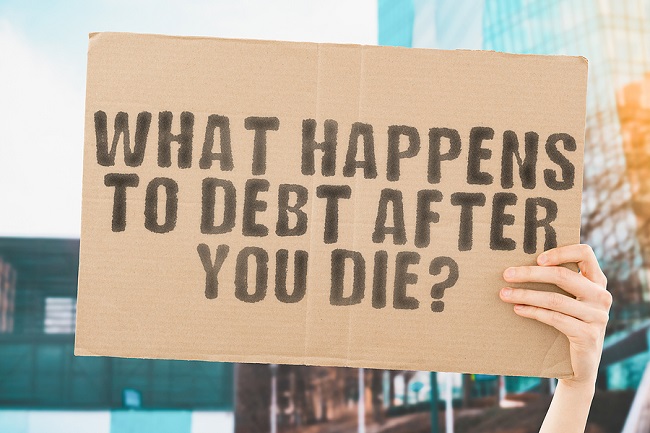WHAT HAPPENS TO DEPT WHEN YOU DIE?
When someone passes away, their debt doesn't simply disappear. Instead, it becomes the responsibility of their estate, which includes their assets, property, and other belongings. In this article, we'll explore what happens to debt when you die, who is responsible for paying it off, and how it's handled during the probate process.
Types of Debt
Not all debt is created equal. Some types of debt are more likely to be forgiven or discharged after death, while others may require payment from the estate or beneficiaries. Common types of debt include:
- Credit card debt
- Mortgages
- Car loans
- Student loans
- Personal loans
- Medical bills
Who is Responsible for Paying Off Debt?
When someone dies, their estate is responsible for paying off their debts. The estate includes:
- Assets, such as bank accounts, investments, and property
- Life insurance policies
- Retirement accounts
- Other belongings
The executor of the estate, typically a family member or friend, is responsible for managing the estate and paying off debts. If there isn't enough money in the estate to cover debts, creditors may not get paid in full.
How is Debt Handled During Probate?
Probate is the legal process of settling an estate after someone dies. During probate, the executor will:
- Identify and notify creditors
- Inventory assets and debts
- Pay off debts from the estate
- Distribute remaining assets to beneficiaries
Creditors have a limited time to file claims against the estate. If they don't file a claim, they may not get paid.
What Happens to Specific Types of Debt?
- Credit card debt: Typically, credit card companies will forgive debt after death, but they may try to collect from the estate.
- Mortgages: The estate or beneficiaries may continue making mortgage payments or sell the property to pay off the debt.
- Student loans: Federal student loans are typically forgiven after death, but private loans may not be.
- Medical bills: Medical providers may try to collect from the estate or beneficiaries.
Protecting Beneficiaries from Debt
To protect beneficiaries from debt, consider:
- Life insurance policies to cover funeral expenses and debts
- Trusts to shield assets from creditors
- Paying off high-interest debt before death
- Leaving clear instructions for the executor
Conclusion
Debt doesn't disappear when someone dies. Instead, it becomes the responsibility of their estate. Understanding what happens to debt after death can help you plan for the future and protect your loved ones. By knowing who is responsible for paying off debt and how it's handled during probate, you can make informed decisions about your finances and estate plan.
